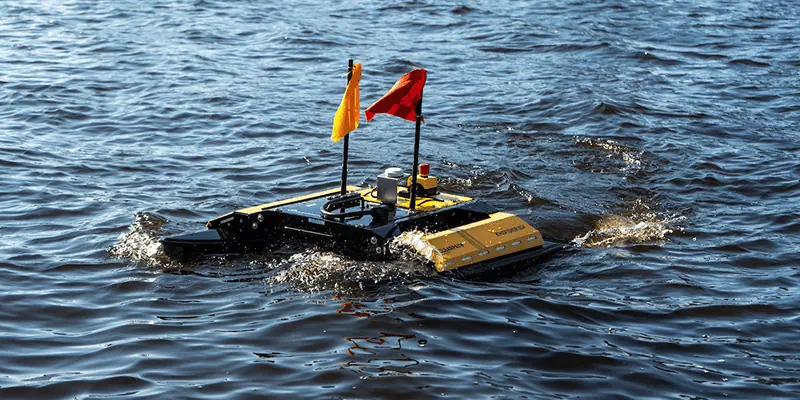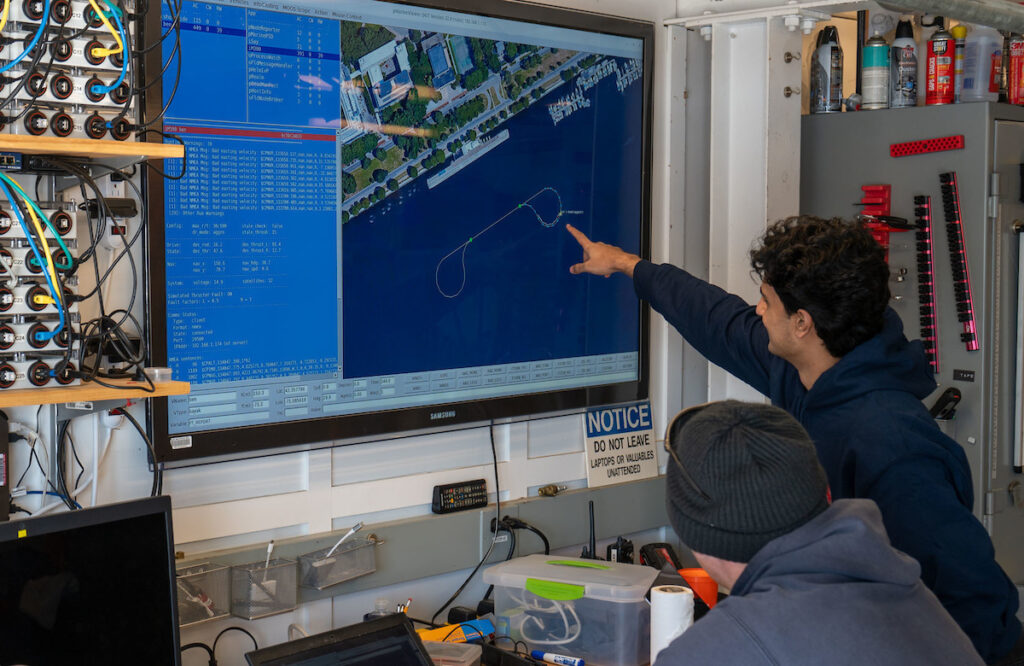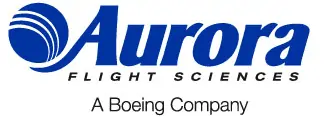
Aurora Flight Sciences is developing and testing machine learning-based introspection technologies aimed to enable physical systems, in this case ships, to adapt control laws as they encounter uncertainties or unexpected events.
The work is part of a seedling program called Fast Adaptation and Learning for Control Online (FALCON) to support the Defense Advanced Research Projects Agency’s (DARPA) Learning Introspective Control (LINC) program.
Aurora’s FALCON solution is a platform-agnostic, computationally lightweight online learning and adaptive control architecture that delivers fast convergence for changing nonlinear, nonparametric dynamics in cyber-physical systems. It can detect destabilization quickly and reconstitute control online for safe and continued operation.
In response to changing circumstances, FALCON recalculates safe reachable operating limits in real time while providing guidance and situational awareness to the operator, whether that operator is human or an autonomous controller.
This spring, Aurora implemented its proof-of-concept control architecture on 1.5-meter-long unmanned surface vessels (USV) and began testing in the Charles River in Cambridge, Massachusetts. The USV compensates for the currents and waves, which are large relative to the size of the vehicle. The first program demonstration examines the USV’s ability to reconstitute control after a significant reduction in control effectiveness of one thruster, similar to the disturbance induced by rudder lock in larger vessels.
The program team also includes the Massachusetts Institute of Technology (MIT) Aerospace Controls Laboratory led by Prof. Jonathan How, and the MIT Marine Autonomy Laboratory (PavLab) led by Dr. Michael Benjamin. The MIT PavLab, located in the MIT Sailing Pavilion on the Charles River, is providing the USVs, which serve as a rapidly adaptable test platform for FALCON.

“The ability to test USVs directly on the Charles River enables a rapid development and test cycle that advances our program efficiently,” said Dr. Max Greene, Controls Researcher at Aurora. “With these types of resources and collaborations, we can apply the latest methods from the adaptive control, machine learning, and autonomy fields.”
Work on the FALCON program is ongoing, with future demonstrations planned to investigate additional unpredictable disturbances, such as large wind loading and fuel slosh effects.









